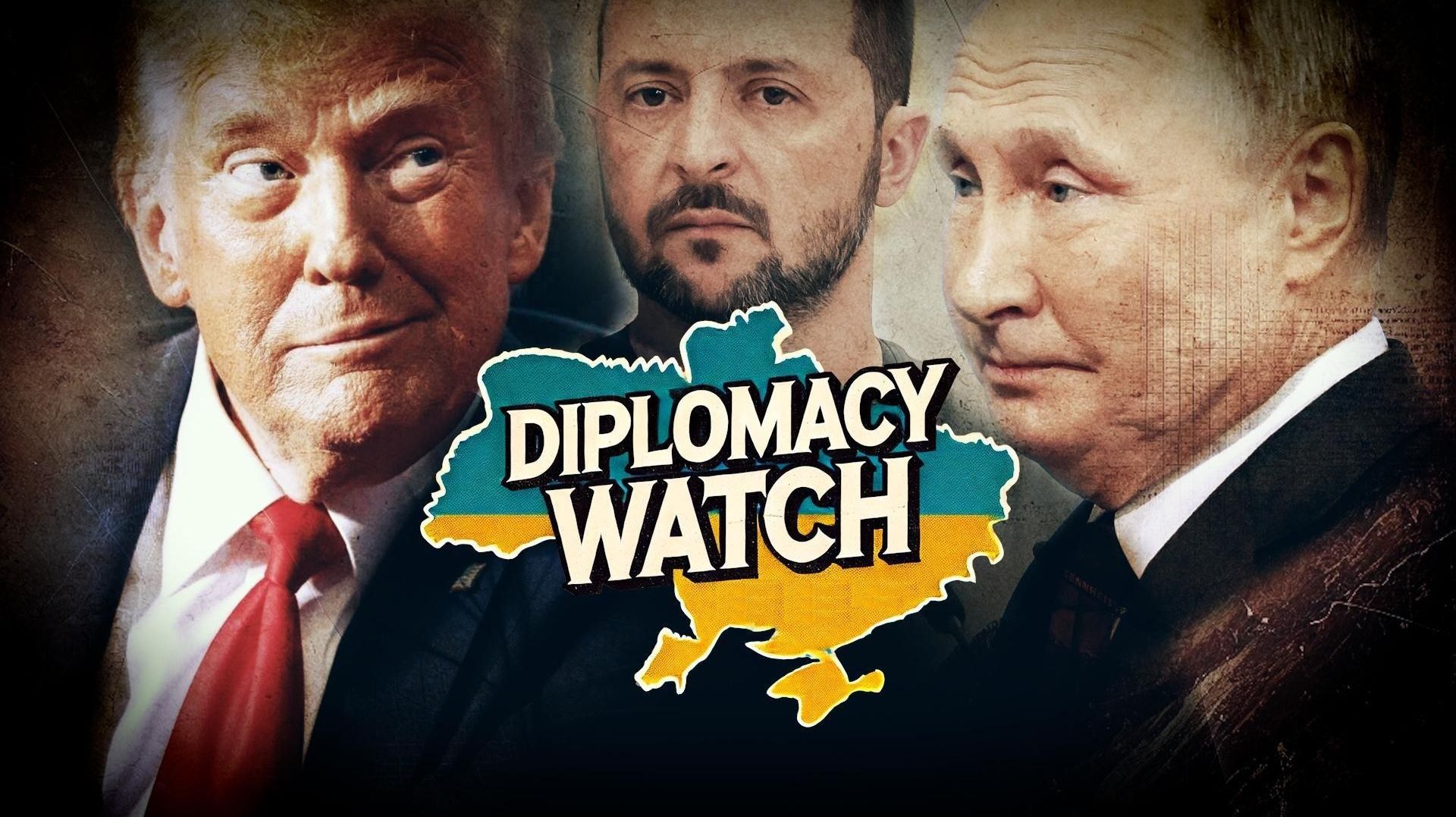After Russia lost a key ally in Syria’s Bashar al-Assad in late 2024, Iran, another Russian ally in the Middle East, is under attack. Israel began striking Iran a week ago, but Russia seems too bogged down or disinterested in providing direct support to Tehran.
Iranian and Russian parliaments recently approved a strategic pact that did not contain an explicit mutual defense clause but did include statements on working together against shared threats, sharing military and civilian nuclear technology, and creating further economic cooperation.
According to Iranian Foreign Minister Abbas Araghchi, the agreement was described as a roadmap for the future. It also builds on an initial agreement from 2001, which began military cooperation and some intelligence sharing.
These agreements have not materialized into troops on the ground or military strikes thus far. Iran has not sent troops to fight in Ukraine, but Tehran has supplied much-needed Shahed drones for Russia to use against the Ukrainians.
However, Iran is facing a direct attack from Israel, and so far, Russia has only offered statements of support and strategic warnings to the United States.
“Vladimir Putin condemned Israel's military operation against Iran and expressed serious concern about a possible escalation of the conflict, which would have unpredictable consequences for the entire situation in the Middle East,” said Kremlin aide Yuri Ushakov.
Putin also offered to assist in diplomatic efforts between Israel and Iran, and Russian Deputy Foreign Minister Sergei Ryabkov cautioned President Trump against directly joining the conflict, saying, “this would be a step that would radically destabilize the entire situation.”
With Russian forces still bogged down in Ukraine, the Russian president doesn't have a lot of options in terms of assisting Iran militarily, a move that would also risk souring relations with Saudi Arabia and the UAE.
Russian-Iranian relations expert Nikita Smagin at the Carnegie Endowment for International Peace adds that “Russia, when it comes to Iran, must weigh the possibility of a clash with Israel and the United States, so saving Iran is obviously not worth it.”
Russia's risk of losing influence is substantial as it plays a balancing act in the Middle East. The Kremlin risks losing Tehran’s trust, but according to Smagin, Putin has not given the Iranians the military equipment they requested.
“Iran has been asking Russia for weapons for the last few years,” Smagin adds. “It has been asking for aircraft, it has been asking for air defense systems. Russia has given practically nothing.”
What is certain, according to Smagin, is that this conflict “leads to the weakening of Russia’s positions in the Middle East."
In other Russia-Ukraine War news this week
North Korea is sending 5,000 workers to Russia this week, according to the New York Times. The workers will help rebuild the war-torn region of Kursk. South Korean intelligence claims that there are already as many as 15,000 North Koreans employed in Russia.
According to the New York Times, Ukrainian President Volodimir Zelenskyy did not receive as much aid as he wanted at the G7 summit. Rather than focusing on Ukraine, G7 leaders released statements on the conflicts in the Middle East. Zeleneskyy was promised $1.7 billion in military aid from Canada, but nothing else from the United States, as Trump left early due to the Israel-Iran strikes.
Russia sent a deadly wave of drone attacks into Kyiv and Odesa on Tuesday. The BBC reports that 440 drones were sent, killing at least 30 and injuring over 100. Among the dead was an American citizen. The attack was the largest on Kyiv in five months.
From this week’s State Department press briefing:
A State Department Spokesperson confirmed the death of an American citizen in a Russian strike on Kyiv on Tuesday and condemned Russia’s recent round of attacks on Ukraine.

















